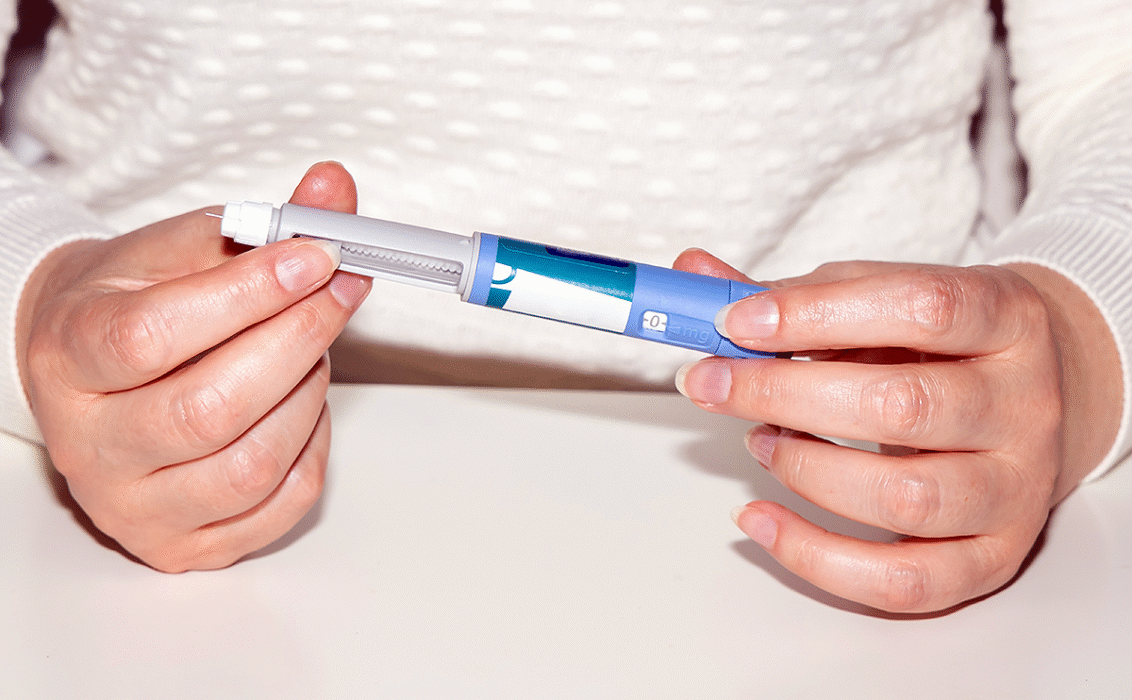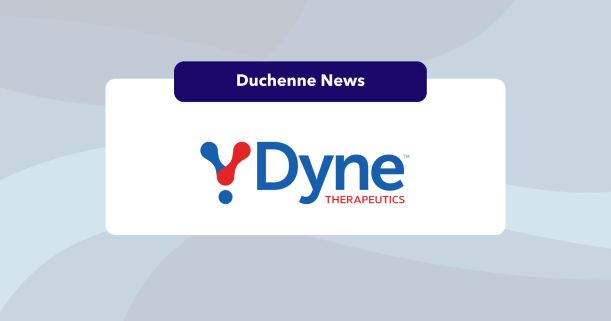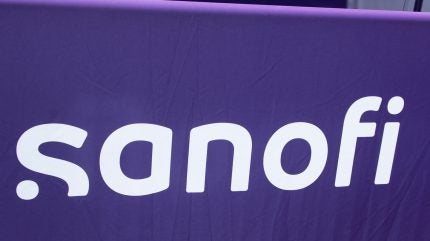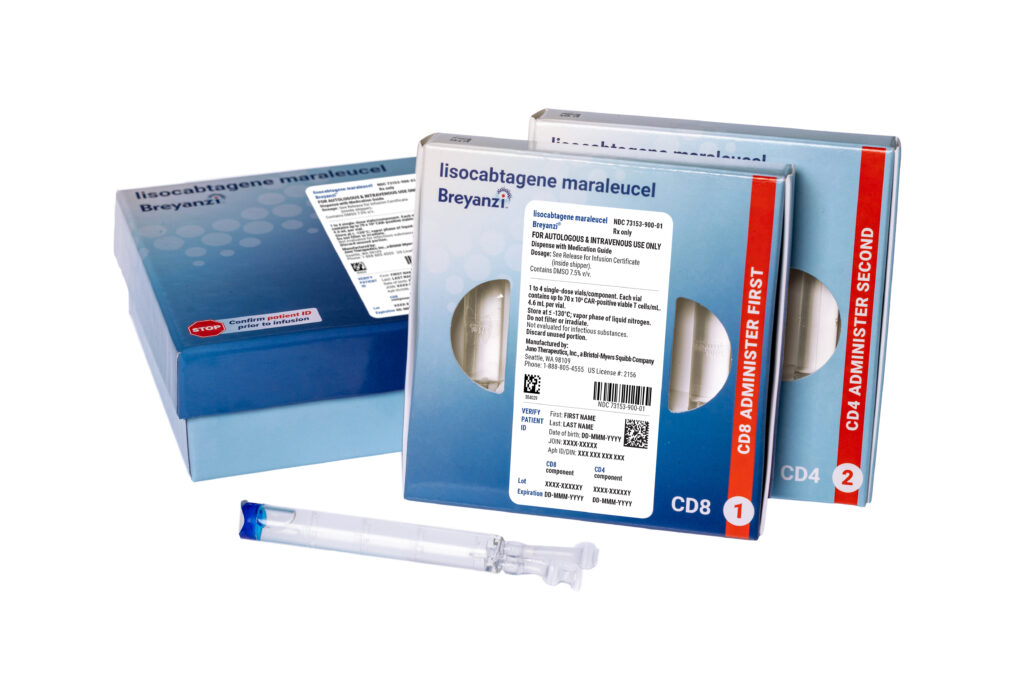The World Health Organization (WHO) has officially included glucagon-like peptide-1 receptor agonists (GLP-1RAs) such as Wegovy and Zepbound in its essential medicines list, a strategic move aimed at enhancing global access to critical treatments for obesity and diabetes. This decision underscores a growing recognition of the importance of these medications in managing chronic conditions that affect millions worldwide.
Contextually, the inclusion of GLP-1RAs reflects a broader trend in public health policy that prioritizes effective management of lifestyle-related diseases. By designating these drugs as essential, WHO not only signals their therapeutic value but also encourages member states to integrate them into national health systems. This could lead to increased availability and affordability, particularly in low- and middle-income countries where access to such treatments has been historically limited.
The implications for pharma B2B professionals are significant. Companies involved in the regulatory, quality assurance, and supply chain aspects of drug manufacturing may need to adapt their strategies to align with this new directive. Additionally, the focus on GLP-1RAs could prompt increased investment in research and development, as stakeholders seek to capitalize on the growing demand for effective obesity and diabetes treatments.
Start your 7-day trial and see what the database can do →



